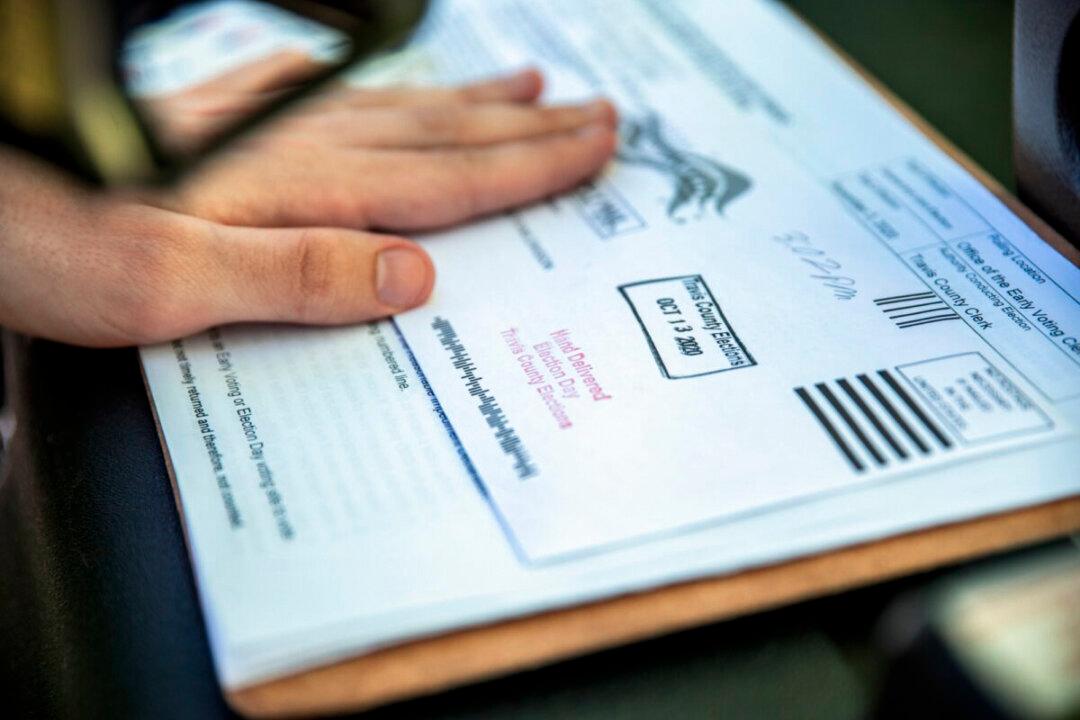The Texas secretary of state began the process of the state’s resignation Thursday from the Electronic Registration Registration Information Center, also known as ERIC, an interstate tool used to help keep voter rolls clean.
“Texas submitted a letter to ERIC giving notice that the state would withdraw from the program,” said Secretary of State spokeswoman Alicia Pierce in an email to The Epoch Times (pdf).





